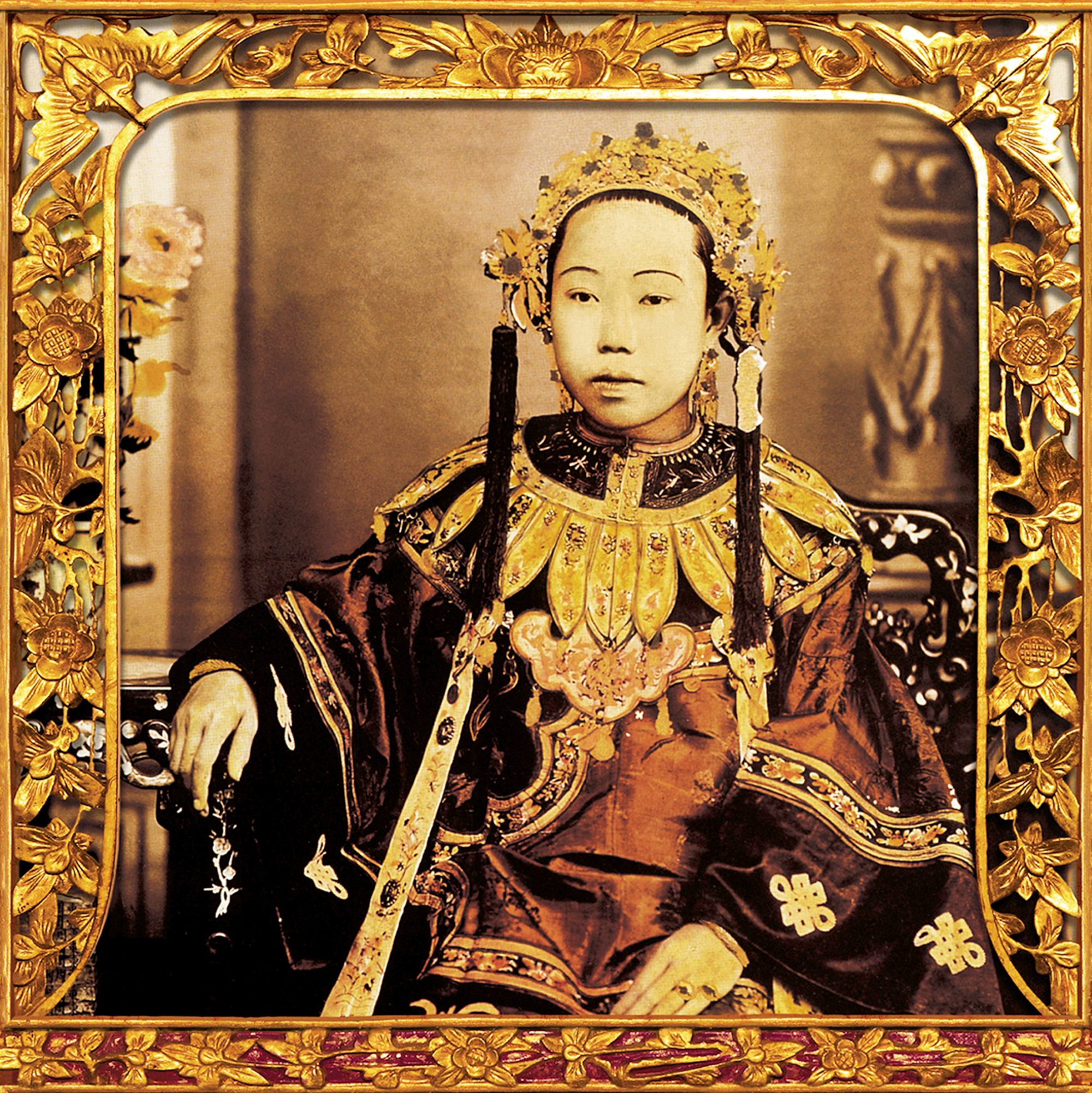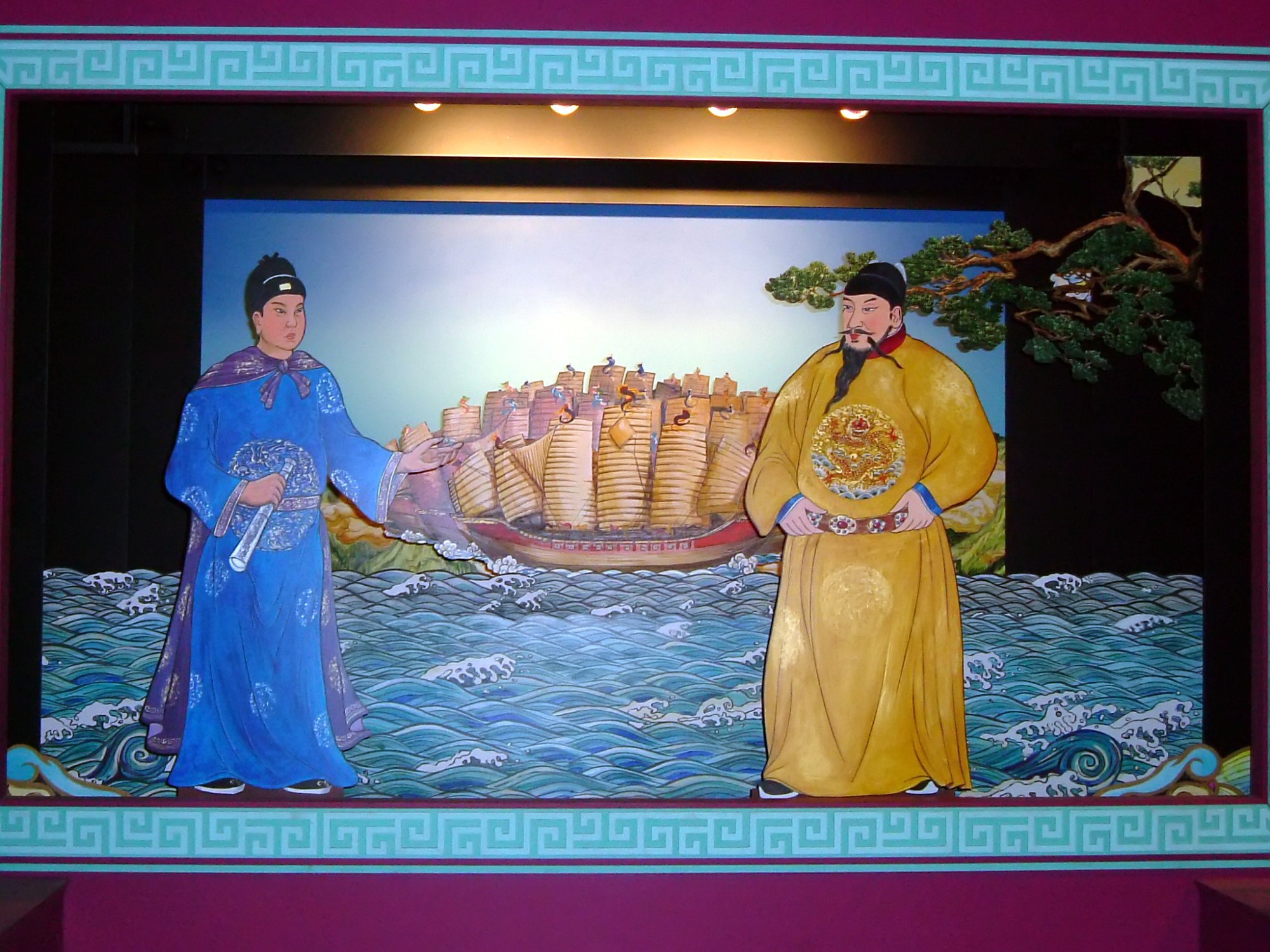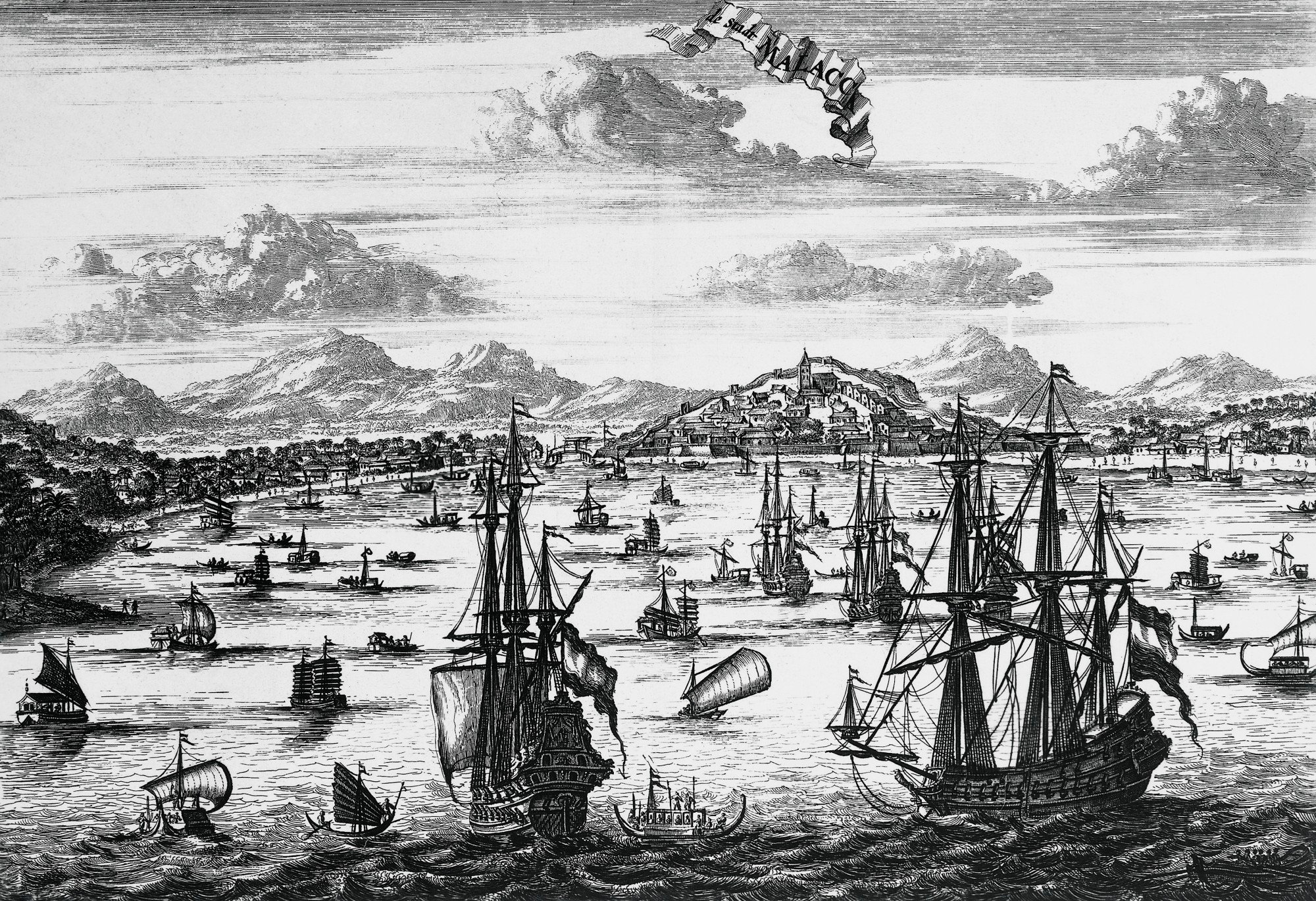Merchants from as far as the Middle East and the Ryukyu kingdom (present-day Okinawa) called at its port.
His monumental visits, accompanied by a fleet of the biggest ships the world had ever seen at the time, spawned many stories of dubious historicity that continue to not only serve the interests of the tourism industry, but also form part of the collective, imagined past of many Chinese Malaysians.

There was more to Sino-Malacca relations than Zheng’s visits. History of the Ming, completed in 1739 by professional historians in the subsequent Qing dynasty, has several volumes on foreign states, one of which contains a chapter on Malacca.
This and other sources such as Chinese and European travelogues enable us to reconstruct the past not just of Malacca, but also other nearby settlements.
The first Chinese official to visit Malacca was not even Zheng He but another eunuch called Yin Qing, who landed in 1401 as the emissary of the Ming dynasty’s Yongle Emperor with gifts for the local ruler Parameswara (transcribed in Chinese as Balimisula).

Shortly after the initial contact, the Chinese emperor recognised Parameswara’s rule, and conferred on him the title “king of Malacca”.
What followed was over a century of international relations that was typical of that period in the history of the region, where Malacca, as a vassal state of the Ming dynasty, sent regular missions to China bearing tributary gifts in recognition of the Chinese emperor’s supremacy.
In return, China mostly left Malacca alone, but the reigning emperor would confirm the ascension of every new sultan by gifting him titles, seals of office, along with royal regalia such as crowns, robes, and yellow parasols.
The first three rulers of Malacca – Parameswara, Megat Iskandar Shah and Muhammad Shah – even travelled to China with their consorts, sons and courtiers to pay homage to the Chinese emperor.
The Xuande Emperor did the same again in 1426.
When Malacca fell to the Portuguese in 1511, the fleeing sultan sent an envoy to China to seek help. The Jiajing Emperor issued a decree reprimanding the Portuguese, and ordered Siam and other nearby states to go to Malacca’s aid, but he was roundly ignored.

Thus snubbed, imperial China simply looked the other way and washed its hands of Malacca. The Portuguese ruled Malacca for the next 130 years, followed by the Dutch, and then the British.
Today, the former centre of the Malacca sultanate is overshadowed by other places in Malaysia such as Kuala Lumpur, Penang and Johor Bahru, but its historical prominence will always be assured, and remembered, by the strait that bears its name.


)




